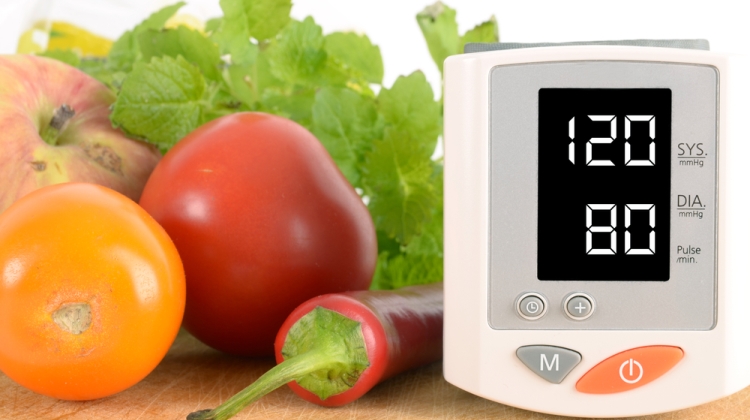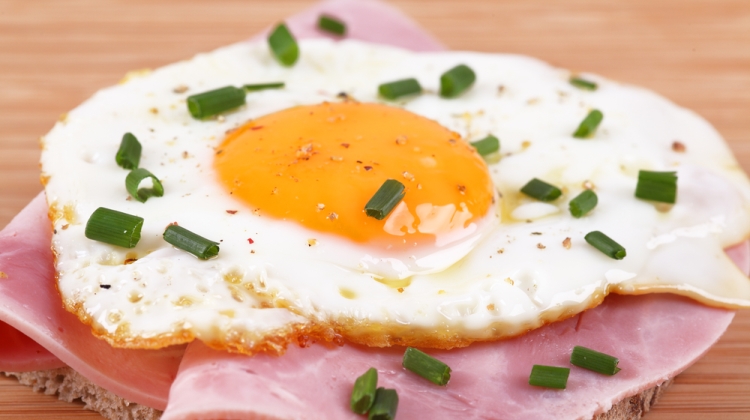High blood pressure, also known as hypertension, is a condition in which there is a higher than normal force (pressure) on the walls of the arteries (blood vessels that carry oxygen-rich blood) when blood flows through them each time the heart pumps. Over the long term, the continually high pressure on the artery walls can damage many organs.
What is blood pressure?
To understand what blood pressure is, think of your arteries as a flexible water hose. When you turn on the tap, water gushes through it. In the human body, blood flows through the arteries just like water does through a hose. As the water flows, it pushes against the sides of the hose. Blood pressure is the force blood makes against the walls of your arteries as it moves through them.
Blood pressure is measured in two ways: systolic and diastolic.
- The pressure of blood when the heart pumps is called systolic pressure.
- The pressure of blood in between heart beats is the diastolic pressure.
Blood pressure is measured with the systolic number above or before the diastolic number. The unit of measure for blood pressure is mmHg (millimeters of mercury). Someone with a systolic reading of 120mmHg and a diastolic reading of is 80mmHg has a blood pressure of 120/80 - well within the healthy range.
Normal blood pressure
Systolic BP: Under 130
Diastolic BP: Under 80
Borderline high blood pressure
Systolic BP: 130 to 139
Diastolic BP: 80 to 89
High blood pressure
Systolic BP: 140 or higher
Diastolic BP: 90 or higher
Blood pressure changes throughout the day and is lowest when you are asleep or inactive and increases when you are wake and active. Blood pressure can also rise when you have been exercising or are excited or anxious. If your blood pressure reading is elevated even without normal triggers, you could have high blood pressure (hypertension) and be at risk of health problems.
What are the dangers of high blood pressure?
High blood pressure or hypertension raises the risk of developing a condition known as atherosclerosis, a hardening and narrowing of the arteries. Uncontrolled or untreated hypertension increases the risk of the following health problems:
- Coronary heart disease
- Heart failure/heart attack
- Stroke
- Narrowing of the blood vessels in the arms and legs (Peripheral artery disease)
- Kidney failure
What are signs of high blood pressure?
There are no clear symptoms of high blood pressure. Regular medical checkups are important so that any early signs of hypertension can be treated early.
What are the causes of high blood pressure?
The risk of suffering from the complications of hypertension is increased if you:
- Smoke
- Are overweight (BMI of 23 and up)
- Have a diet high in saturated fat and cholesterol
- Are sedentary and do not exercise regularly
- Have a family history of high blood pressure
- Suffer from chronic stress
- Have kidney problems
- Suffer from diabetes
- Have high blood cholesterol
How is high blood pressure treated?
Treatment for high blood pressure is lifelong. After diagnosis, your doctor will put you on a medication regime that is aimed at controlling your blood pressure so that it does not get worse. You may also be prescribed with medications to lower your risk of heart disease.
Sticking to your medication regime is very important. Do not stop taking your medicine or change your dose unless your doctor advises you to do so. You may be asked to monitor your blood pressure regularly at home with an electronic BP monitor. This can help you monitor your blood pressure closely.
Lifestyle changes are essential to manage hypertension. These include:
- If you smoke, quit. Smoking worsens hypertension and increases the risk of many serious diseases
- Managing your weight and losing weight if you are overweight
- Adopting an active lifestyle with regular exercise
- Modifying your diet to include more wholegrains, fruits and vegetables
- Reducing your intake of saturated fat, sodium, alcohol and caffeine
- Managing your stress levels
Let our Life Planning Advisor
assist you to
| Answer your product enquiries | |
| Find the right plan that suits your needs and affordability |
Request a call back
Thank you for your enquiry. Fill in your details below and a Life Planning Advisor will get back to you within 48 hours.
Call times are Monday-Friday between 8.30am and 5.15pm (except Public Holiday).



